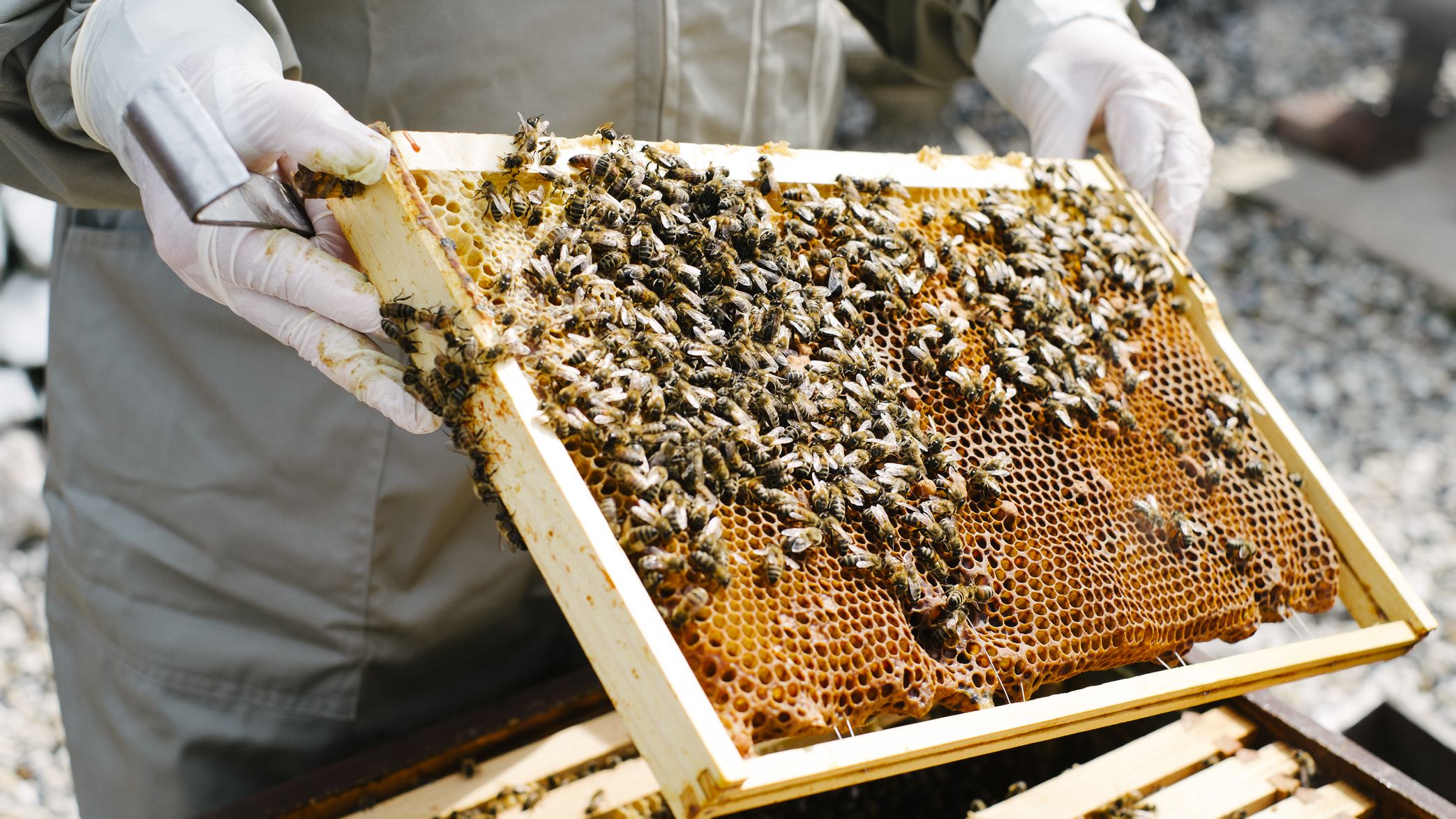THE government has put up 100 beehives in Matabeleland South Province’s Bulilima District as authorities seek to cushion citizens against effects of drought.
Speaking yesterday during a webinar on building resilience in the face of climate change, adaptation officer in the Environment ministry, Charity Denhere said beekeeping projects were essential in sustaining community livelihoods.
“We have beekeeping projects that we implemented in Bulilima District in Matabeleland South because there are still some forests that are still dense. We capacitated the communities to utilise those forests so that they can make a livelihood out of them. More than 100 beehives were installed in Bulilima District so that the communities can benefit from the forests,” Denhere said.
“Beekeeping projects have been also beneficial as they have resulted in the employment of youths, so the projects are basically supporting the resilience of women in rural communities.”
She said the government was on a countrywide programme to mainstream climate change.
“In that way citizens are able to adapt to current impacts of climate change. With the projections showing that there is a likelihood that temperatures are going to continue rising across Zimbabwe, and also the precipitation is likely to continue declining generally across most parts of the country, we are saying beekeeping is an adaptation option that citizens in rural areas can adopt in order for them to adapt to the impacts of climate change”.
According to the Beekeepers Association of Zimbabwe, the number of beekeepers is growing steadily, and has topped 50 000 countrywide.
Beekeeping is fast becoming a profitable activity in the country as domestic demand for honey as both food and raw material continues to rise.
by
Hazel Marimbiza
in BULAWAYO

